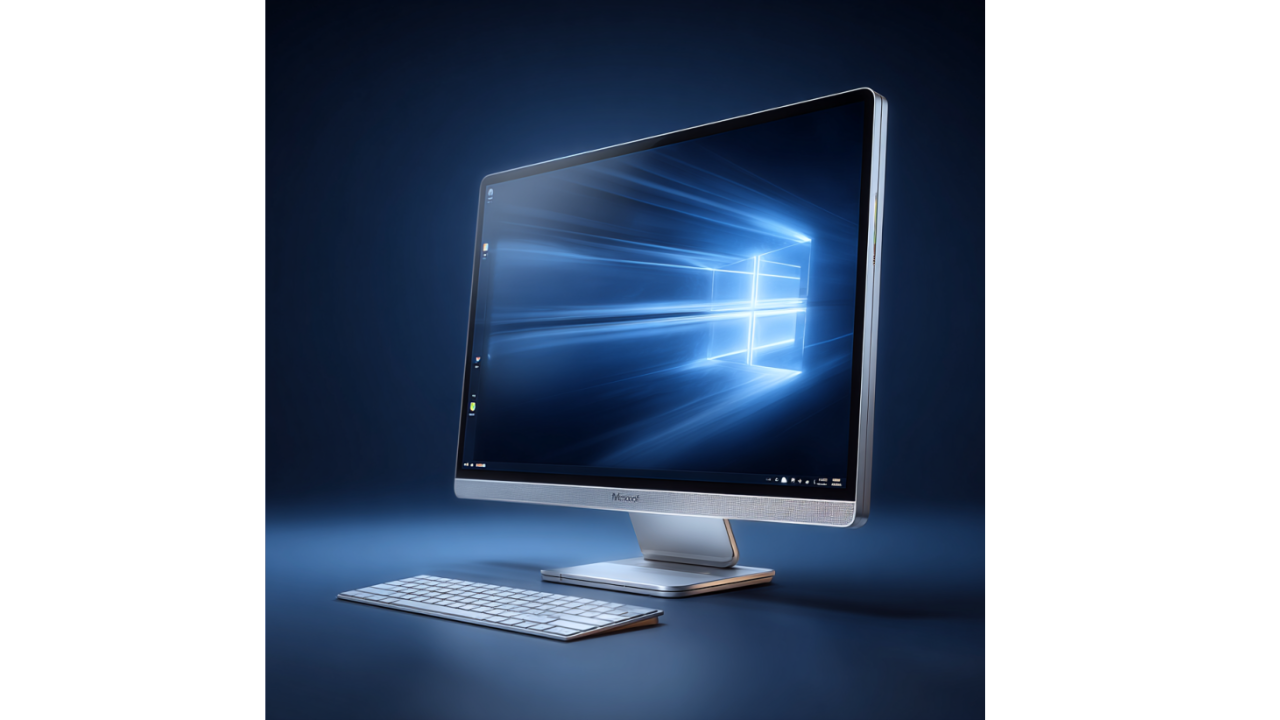OpenAI's Circular Deal With Thrive Holdings
OpenAI just struck a deal with Thrive Holdings that should make everyone in the AI-powered services business pay very close attention. No money...

The Microsoft-OpenAI relationship just got so legally complicated it needs a flowchart and a therapist. Microsoft now holds 27 percent of OpenAI, keeps IP rights to all OpenAI models through 2032, and—here's where it gets spicy—can independently pursue AGI on its own. Meanwhile, OpenAI lost the right to unilaterally declare "we did it, AGI achieved, partnership over." Any AGI claim now requires verification from an independent expert panel, which is the corporate equivalent of making your teenager get a second opinion before buying a motorcycle.
@aeyespybywinsome Win or lose?
♬ original sound - AEyeSpy
This isn't a partnership anymore. It's a prenup with footnotes.
For years, OpenAI's AGI clause was its trump card—the moment it achieved artificial general intelligence, it could theoretically reclaim its technology and exit the Microsoft deal. Made sense in theory: you don't want a corporation controlling the most powerful technology humanity's ever built. Very noble. Very 2015.
But who gets to call that shot? OpenAI saying "we have AGI now" is like a student grading their own final exam. The new agreement requires an independent expert panel to verify any AGI claim before it triggers contractual obligations. Translation: OpenAI can't just ghost Microsoft with a press release and a philosophy paper.
This is actually brilliant. It removes the incentive for OpenAI to exaggerate its progress or declare victory prematurely just to escape an uncomfortable partnership. It also means Microsoft can't stall or dispute every incremental improvement to keep OpenAI tethered. The experts decide. Not the lawyers, not the PR teams, not Sam Altman's gut feeling at 3 a.m.
Here's the part that should make every AI company nervous: Microsoft can independently pursue AGI. They're not stuck waiting for OpenAI to finish the race. They can build their own models, partner with other AI labs, and chase the prize solo. They've already got the compute, the cloud infrastructure, and the enterprise relationships. What they didn't have was permission. Now they do.
The catch? Compute thresholds. If Microsoft uses OpenAI's IP to build AGI—which, let's be honest, they probably will—there are limits on how much computational power they can throw at it. Think of it as a speed limit on the highway: you can drive, but you can't floor it past a certain point without triggering penalties.
This setup creates a weird competitive détente. OpenAI and Microsoft are technically partners, but they're also racing each other. Microsoft can team up with Anthropic, Meta, or any other lab. OpenAI can take Saudi or Japanese money and build in parallel. They're roommates who are also applying to the same job. It's functional, but deeply awkward.
If you're using Azure OpenAI Service, GPT-4, or any Microsoft-flavored AI, nothing changes immediately. But long-term? You're now betting on a platform where the underlying model provider and the platform itself are hedging against each other. Microsoft has IP rights through 2032, which means even if OpenAI builds GPT-7 and declares independence, Microsoft still gets to use GPT-6 for another seven years. That's stability for enterprise customers. That's insurance for Microsoft.
For OpenAI, this is a cage with very nice furniture. They get capital, compute, and distribution, but they've traded away the clean exit. The AGI verification panel is smart—it depoliticizes the endgame—but it also means OpenAI can't pull a sudden breakup. They're committed. Legally, financially, reputationally.
The real winner here? Anthropic, Mistral, and every other AI lab watching this soap opera unfold. Microsoft just proved it's willing to diversify. OpenAI just proved it can't leave. If you're a competing lab, you just got handed a pitch deck for why you're a safer long-term bet.
Bottom line: The AI wars aren't won yet, and the players just revealed they don't fully trust each other. If you're building marketing strategies around a single AI vendor, now's the time to have a backup plan. Or better yet—work with people who already do.

OpenAI just struck a deal with Thrive Holdings that should make everyone in the AI-powered services business pay very close attention. No money...

We've been watching OpenAI cosplay as a nonprofit with a conscience for years, and now the mask is officially off. The company just restructured into...

OpenAI's head of security, Dane Stuckey, issued a warning this week about ChatGPT Atlas, the company's new AI-powered browser: it carries...